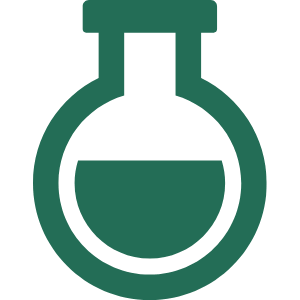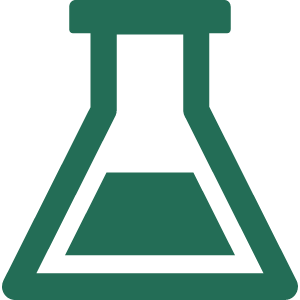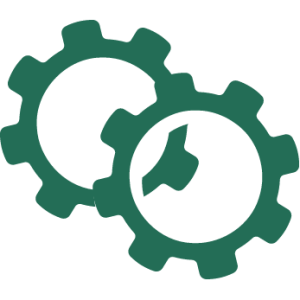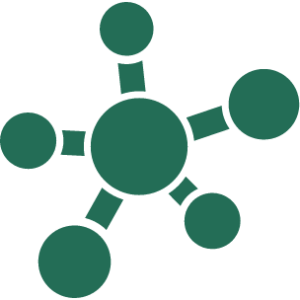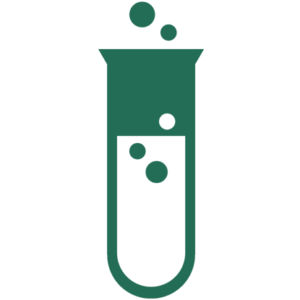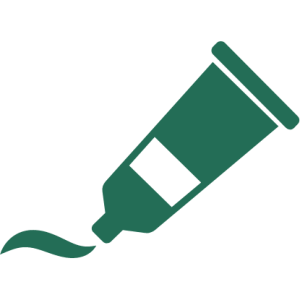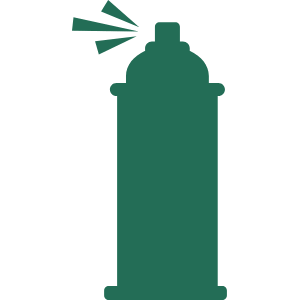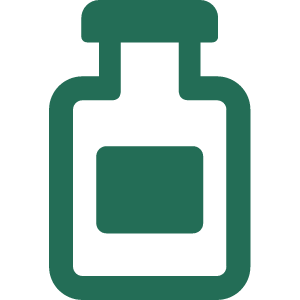Certifications
Chemistry and Responsibility for a sustainable future
Dollmar has always been committed to realizing its motto “Chemistry and Responsibility” by implementing concrete actions to maintain a Management and Organizational system compliant with specific reference standards and attentive to sustainability policies. The commitment is renewed annually and is manifested through adherence to both mandatory certifications such as Uni En ISO 9001 and by adhering to important initiatives and voluntary protocols such as the Responsible Care program and the Ecovadis rating.
UNI EN ISO 9001 Certification

The ISO 9000 certifications were produced by the ISO (International Organization for Standardization) and define the international requirements for Quality Management Systems.
In 2001 Dollmar obtained the EN ISO 9001:2000 certification later constantly renewed in 2003, 2006. In 2008, obtaining the new EN ISO 9001:2008 certification that was further renewed with success in 2012, 2015.
In April 2018 Dollmar obtained the new 9001: 2015 certification, successfully renewed in February 2021, and certifies the following activities:
- Distribution of solvents and thinners for industrial sector
- production and sale of protective coatings, semi-finished products and detergents in the aqueous solution
- research and development of chemicals for surface treatments sector and technical support
Ecovadis

In 2021, thanks to internal initiatives implemented to guide the company towards a high level of sustainability, Dollmar adhered the Ecovadis rating, obtaining the SILVER MEDAL. The assessment model of Ecovadis, an international certifying agency, consists in assessing the company’s performance in four thematic areas: Environment, Ethics, Human Rights and Work Practices, Sustainable Procurement. This evaluation, in addition to providing an image of the company’s current eco-sustainability, also allows to understand the various areas of improvement.
Responsible Care Program

Dollmar S.p.A. adheres to Responsible Care, a voluntary program of the Global Chemical Industry based on the implementation of principles and behaviors concerning the Safety and Health of Employees and Environmental Protection.
Responsible Care Program
Dollmar S.p.A. adheres to Responsible Care, a voluntary program of the Global Chemical Industry based on the implementation of principles and behaviors concerning the Safety and Health of Employees and Environmental Protection.
The Responsible Care Programme is an initiative of producers and distributors of chemical products with which they wish to promote and realize a system of continual improvement in the area of safety and health of employees, clients, suppliers ad general public as well as the safeguarding of the environment.
The Responsible Care Programme involves all company activities in four main areas:
1) Health and Safety of employees. Responsible Care assures the protection of employees with an integrated approach which includes:
- work organization
- safety management
- health protection from risky substances
2) Protection of the environment:
- acts “pro-actively” to satisfy defined environmental standards
- uses products and processes which are eco-compatible with adequate environmental management systems and efficacious reductive projects for emissions and waste.
3) Process safety. Responsible care works in a preventive, systematic and thorough way regarding safety aspects.
4) Product Stewardship. The Responsible Management of the Product strives to assure respect of safety, health and environment, for all its lifecycle: from the project to the possible waste disposal.
Those who adhere to the Responsible Care Programme responsibly pledge to observe those guide principles prefixed by the programme.
The eight guide Principles of the Responsible Care Programme:
1) Law and regulation obligations
To define and apply behaviour models and operate according to the best industrial practices in full observance of the legislative provisions.
2) Company politics and documentation
To document the company’s behaviour regarding Health, Safety, Environment for all its activities and to assure that the Responsible Care Programme is clearly perceived as an integral part of the company’s politics.
3) Risk Management
To assure that its activities are carried out at an adequate level of safety for employees, suppliers, clients, public and to safeguard the environment.
4) Emergency Management
To organize and keep active an adequate system of emergency management.
5) Information
To supply adequate information regarding Health, Safety and Environment for products and activities towards employees, suppliers, clients, authorities and public.
6) Formation and training
To continually supply adequate formation and training for all personnel so as to obtain optimum involvement and commitment in achieving prefixed targets.
7) Continual improvement
To favour participation in those initiatives that could improve the quality of company activities and strengthen the knowledge and awareness regarding Health, Safety and Environment, striving to continuously improve personal performance.
8) Interaction with the community
To be sensitive towards the needs of the local community and to be aware of the consequences of activities carried out.
UNI EN ISO 9001:2015 Certification
The regulations for the ISO 9000 series were produced by ISO (International Organization for standardization) in order to define international requisites for Quality Management Systems. The Quality System of an Organization is the totality of the organizational structures, responsibilities, procedures, processes and resources used to realize and manage Quality.
The ISO 9001:2015 places a Management System at the center of this realization:
- the client and his complete satisfaction
- the vision of the firm as a totality of processes in close relation with each other and finalized at supplying products which constantly live up to the prefixed requisites
- the importance of continual striving to better the services
An organisation’s Quality System is the set of organisational structures, responsibilities, procedures, processes and resources put in place to achieve and manage Quality.
ISO 9001:2015 places at the centre of the implementation of a Management System:
- the customer and his full satisfaction
- the vision of the Company as a set of processes in close relation to each other and aimed at supplying products that consistently meet the set requirements
- the importance of pursuing continuous performance improvement
Managing quality means managing the effectiveness and efficiency of one’s processes through:
- the knowledge, management and monitoring of processes
- the ability to involve human resources
- the central role of top management

